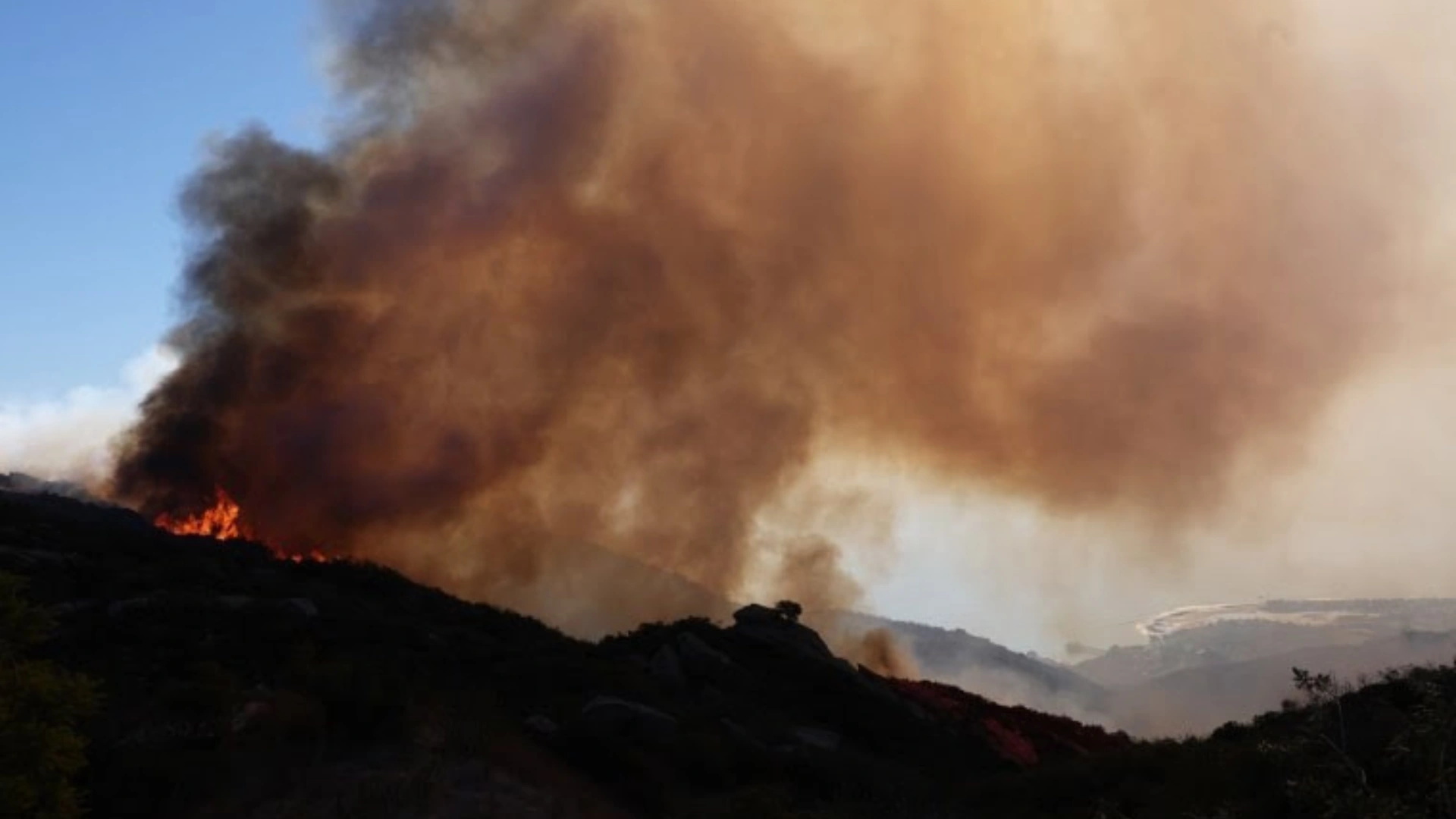The U.S. government has ordered the testing of the country’s milk supply for bird flu, starting December 16, to improve monitoring of the spread of the virus in dairy cows. This is following the first detection of the Type A H5N1 strain in U.S. dairy herds in March. Since then, over 700 herds across 15 states have been confirmed as infected.
Testing to Start in Six States First
The Agriculture Department said the initial focus of testing will be on raw or unpasteurized milk from dairy farms and processors in six states: California, Colorado, Michigan, Mississippi, Oregon, and Pennsylvania. “This will give farms and farmworkers better confidence in the safety of their animals and ability to protect themselves, and it will put us on a path to quickly controlling and stopping the virus’ spread nationwide,” Agriculture Secretary Tom Vilsack said in a statement.
Experts Push for Nationwide Milk Testing
Veterinarians, farmers, scientists, and academics had been pushing for widespread milk testing for months. Keith Poulsen, director of the Wisconsin Veterinary Diagnostic Laboratory, who had led these efforts, deemed the initiative a positive step. “It’s another step in the right direction,” Poulsen said. “They’re coming around that we need a better handle on it.”
Despite industry leadership and advocacy from figures such as Jamie Jonker, the National Milk Producers Federation’s chief science officer, who argued that the industry supports efforts on virus elimination by the USDA, most dairy farmers were concerned that the move may end in financial disaster.
Health Risks and Precaution Measures
Health officials said that the public risk from bird flu remains low. Pasteurizing the virus kills it, meaning milk is safe to be consumed. However, raw milk from infected cows may carry large viral loads. This is evident from past outbreaks, where one occurred in California by quarantining a farm. There was a recall issued for raw milk when there was an instance of bird flu found in its distribution.
The virus has also impacted wild birds and other animals, and at least 58 U.S. individuals, mostly farm workers, have been infected, generally experiencing mild symptoms after close contact with infected animals or their milk. Federal authorities continue to warn against consuming raw milk, which can contain other pathogens harmful to human health.
ALSO READ: Trump Embarks On First International Trip As President-Elect For Notre Dame Restoration Celebration
















